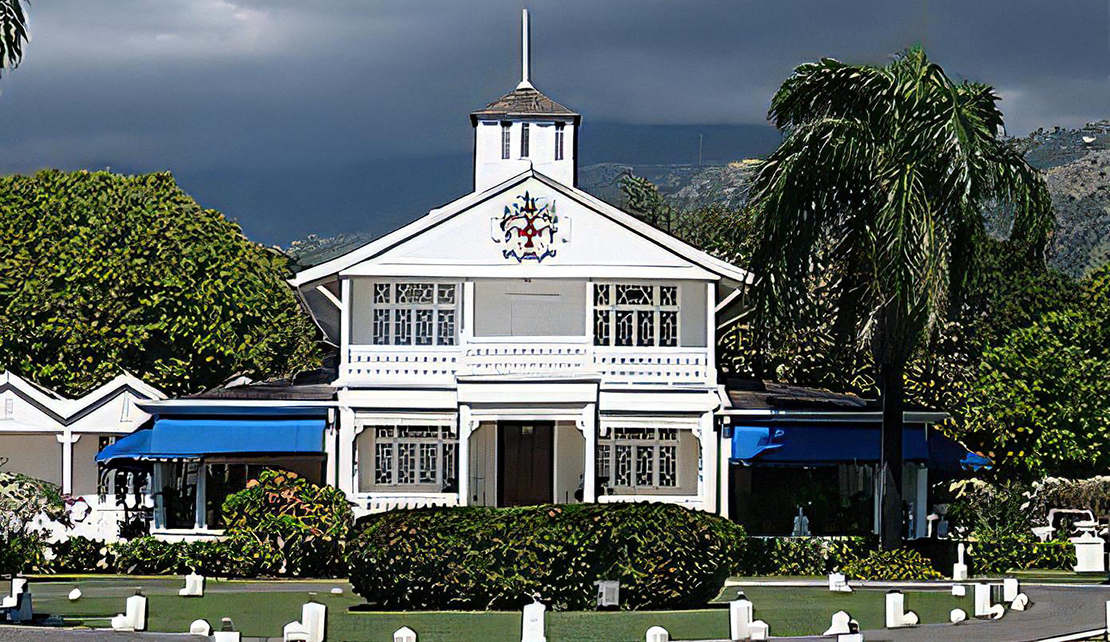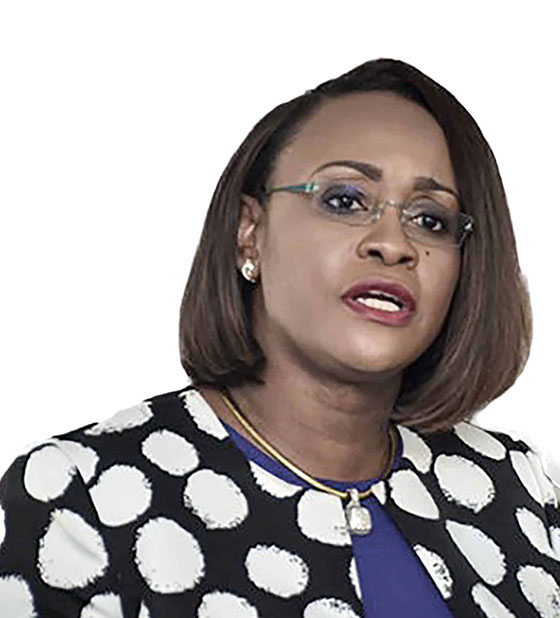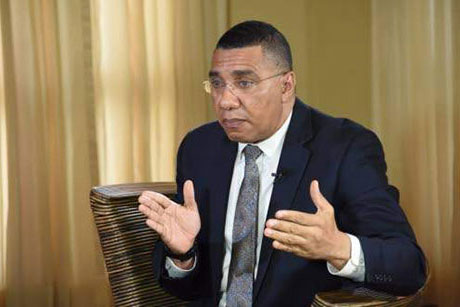JAMAICA | Whither a Jamaican “dynasty” asks Canute Thompson

KINGSTON, September 29, 2023 Jamaica is in a unique situation, roughly analogous to a dynasty given that two members of one household head two co-equal and separate branches of Government. These are the Prime Minister and his wife as Speaker of the House.
While this development is neither unlawful nor unconstitutional, it is not, in my view, a development to be treated as ordinary, acceptable, or a model, given that Jamaica is not a dynasty.
Gender is not the issue

he falsehood in that claim is exposed by remembering that Mrs. Holness’s predecessor is a woman, Marisa Dalrymple-Philibert, and no one (at the time of her elevation) ever questioned her readiness for that post, because of her gender. (Many later questioned Dalrymple-Philibert’s fitness, based on her performance).
But whether the Prime Minister were man or woman, the appointment of his/her spouse to head a co-equal branch of government would be a concern.
Not being unconstitutional does not mean it is not questionable
There is no debate that the appointment of Mrs. Holness to the speakership is constitutional. She is a member of parliament and was not at the time of her appointment a member of the Cabinet.
Based on that she would be eligible to be named speaker – as would be all other members of parliament in her position – of which there would be over twenty. It is this fact which adds to the question of “why Mrs. Holness” but not the only, or primary consideration.
Moral philosophy (Ethics) advances the view that one important test of the wisdom of an action in whether the action can become a model and guide for future action.
Applied to the case at hand, the question is whether Jamaica could present this model of governance to the world and promote that argument that it is an ideal that may be adopted.
So, although on the face of it, and in practice, Mrs. Holness may prove to be fair and even-handed in her rulings, the question is whether the fact of being the spouse of the Prime Minister raises questions about the potential for the perception of conflict of interest or may result in actual conflicts of interest.
No difficult hand was dealt
In life as in politics, we must work with the realities which face us, no matter how tough those realities are.
The fact is that the Prime Minister (who would ultimately make the choice as to who became Speaker) was not limited to choosing his wife to become speaker, and the fact that she was deputy speaker did not make her the automatic choice.

While Mrs. Holness was previously deputy speaker and therefore could have had occasions to exercise the powers of Head of the Legislative Branch, her position as the formal head creates a new level of complication by virtue of the authority being fully vested in her.
The learning opportunity
This situation presents Jamaica with a well-needed learning opportunity. There have been previous instances of siblings being members of parliament, one of whom was Prime Minister (as was the case with Michael Manley, as PM and Douglas his brother who was a Member of Parliament).
We have the current case of the Charles siblings, as well as the case of father and son in Peter and Mikael Phillips.
No one should be denied the opportunity to serve their country because of the person to whom they are related, but equally there is need to place caveats and parameters to prevent conflicts of interest.
I submit that the Constitutional Reform Committee should consider making recommendations concerning how blood or marital relationships among members of parliament should be managed in situations of appointment to certain offices.
Should a Permanent Secretary or Minister be free to appoint his or her spouse or child to senior office in the ministry he or she leads, or should there be rules preventing some such appointments?
Canute Thompson is Professor of Educational Policy, Planning and Leadership and the University of the West Indies, Mona Campus, a social activist, and author of eight books and eighteen journal articles.
